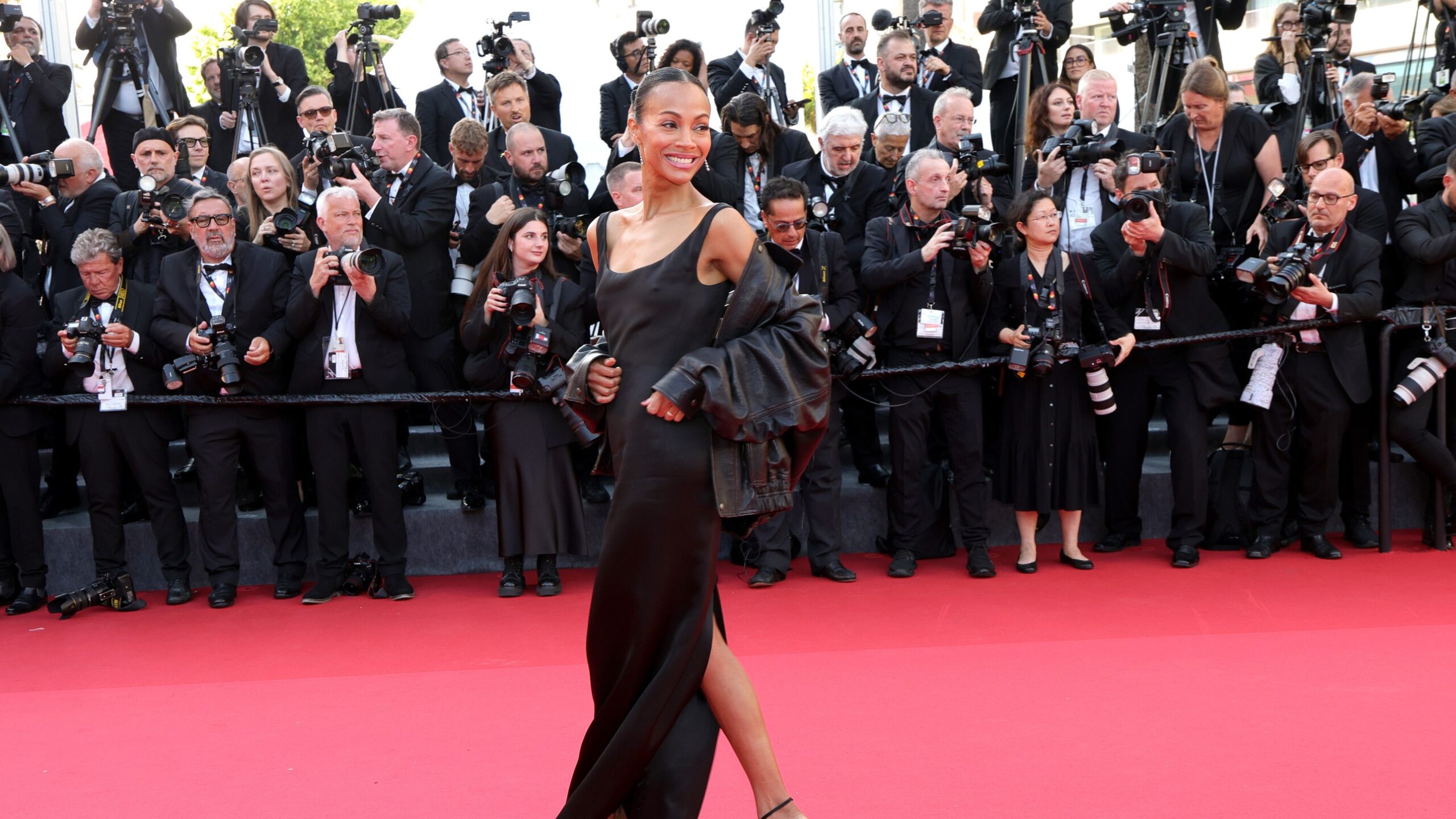Ardern says she made a deliberate resolution to not harden or reshape her persona when she entered Parliament on the age of 28. However she additionally assumed “that may imply I wouldn’t rise,” she says. She had made peace with the concept that authenticity could be incompatible with ambition.
Over time, nevertheless, she found that the traits she had as soon as thought had been a legal responsibility had been, in truth, a profound asset.
Her emotional intelligence helped her converse with individuals, not simply at them. Her authenticity constructed belief. Her sensitivity, she found, wasn’t a weak point however a filter. “In case you’ve decided and an affected group feels wronged by it, that truly is the type of factor you need to hear,” she explains. “You must try to depersonalize it, however you need to hear it.” Resilience, for her, wasn’t about thick pores and skin; it was about selective permeability. And it was Ardern’s self-awareness—and disinterest in energy for its personal sake—that lastly helped her decide when she’d had sufficient and it was time to step away.
Ardern’s rise feels emblematic of a generational shift: She is a part of a cohort of youthful feminine politicians who now not really feel the necessity to wrap themselves within the conventional costumes of authority—whether or not literal or symbolic.
Like Ardern, US congresswoman Alexandria Ocasio-Cortez speaks plainly and on to the individuals she represents—not within the distant, polished cadence of political speech however like a human being speaking to different human beings. She solutions questions, admits when she’s flawed, and explains what she’s doing in actual time on social media. That openness is a supply of her energy, not a softening of it. Former prime minister of Finland Sanna Marin projected an identical accessibility—dancing at music festivals, sure, but in addition talking with a type of calm assurance that didn’t require posturing.
In some ways, the outdated mannequin of dominance as energy was a sport ladies had been not often set as much as win. From a younger age, boys are taught to compete—on the sector, within the classroom, in informal boasting. Ladies, in contrast, are taught to collaborate. To be heat, approachable, and well-liked. And if you’ve spent your life making an attempt to not intimidate individuals, energy via dominance can really feel not simply international however basically flawed.
And the reality is the outdated mannequin doesn’t match most males both. As Ardern places it, “Within the final 30 years, we’ve seen better variety in who holds management positions. However what we additionally must see is a better variety within the management traits we worth.” She factors to the lately elected Canadian prime minister Mark Carney and the lately reelected Australian prime minister Anthony Albanese, each of whom referenced kindness of their victory-night speeches. After all, this shift towards a extra humane type of management has unfolded alongside the rise of strongman figures like Donald Trump, Vladimir Putin, and Xi Jinping. However Ardern cautions towards assuming that is what voters actually need.


